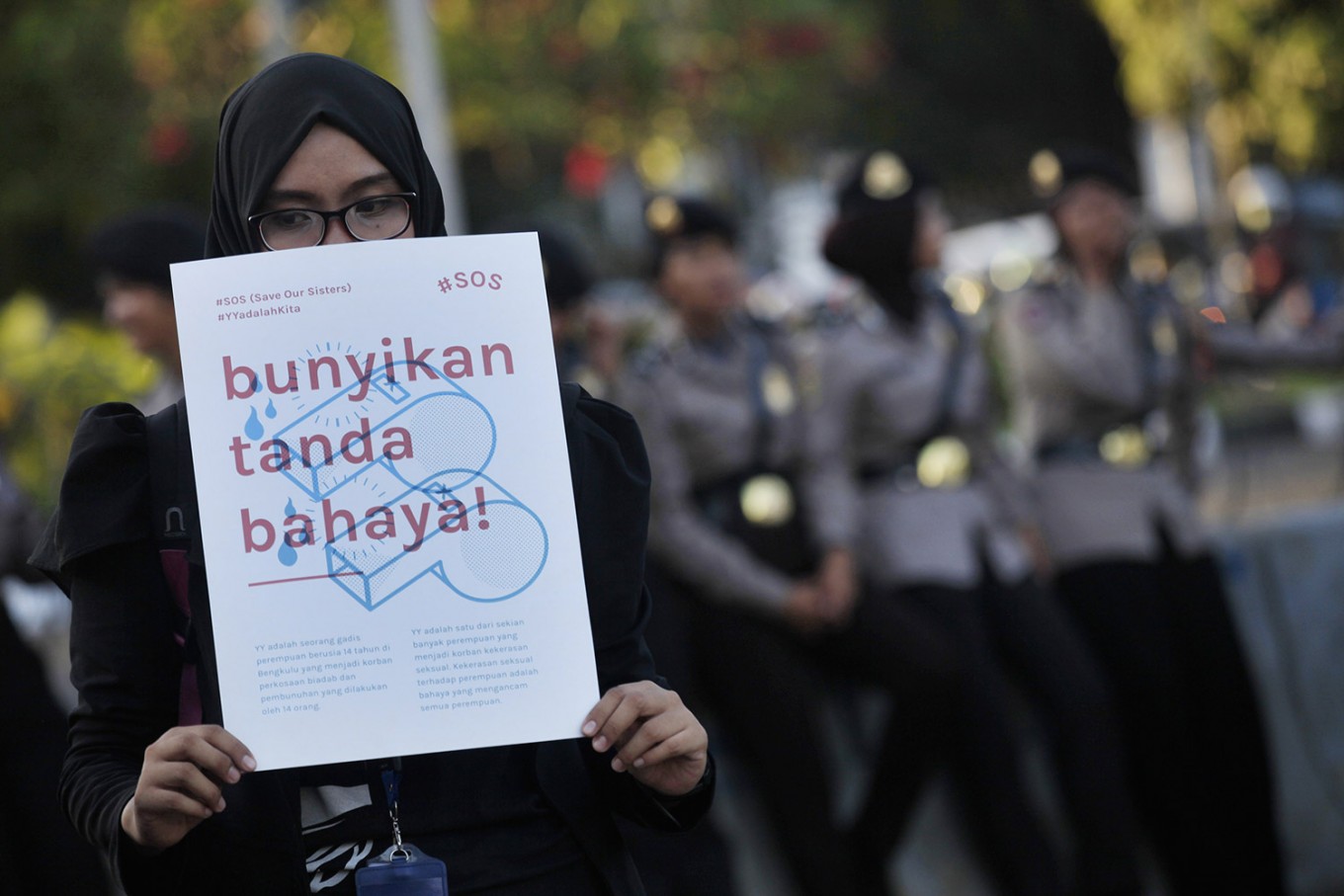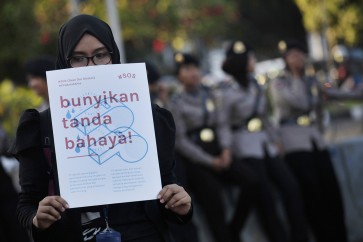Popular Reads
Top Results
Can't find what you're looking for?
View all search resultsPopular Reads
Top Results
Can't find what you're looking for?
View all search resultsDelayed abortion regulation denies sexual abuse victims’ rights: Critics
Change text size
Gift Premium Articles
to Anyone
T
he government’s sluggish effort to provide legal and safe abortion services has largely denied the rights of the people, especially victims of rape, to proper reproductive health services, say women’s rights campaigners.
Three years after the Health Ministry’s Decree on Reproductive Health went into force, the much-awaited service remains elusive. The decree is a follow-up to Law No. 36/2009 on Health, which legalizes abortion for rape victims and as a life-saving measure.
According to the decree, legal abortions should be performed by certified doctors at health facilities designated by the health minister. Each patient should be accompanied by a counselor who provides psychological assistance before, during and after the abortion, as well as during the pregnancy if the patient decided to cancel the abortion.
“But we have yet to see the Health Ministry provide training for medical personnel and counselors, or to appoint hospitals and other medical facilities where patients can obtain the service,” Women’s Health Foundation chairwoman Zumrotin K. Susilo recently told a discussion in Jakarta.
While abortion has been commonly performed in emergency situations, the regulation is deemed critical for sexual abuse victims who, often feeling disgraced, turn to unsafe and illegal abortion services.
Health activists blame the delayed implementation on the lack of political will, especially on the part of the ministry.
Read also: Granting Indonesian youth access to reproductive health rights


















